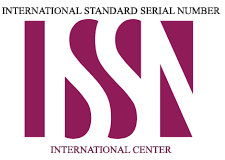-
Humanities
-
Social Sciences
-
New legal studies
Globalization and sustainable development
Volume 1, Issue 2, 2021, Pages 66 - 74
1- Law and Legal Studies, Islamic Azad University, Tehran, Iran
2- School of Political science, Payam Noor University, Tehran, Iran
Abstract :
Globalization is a complex multidimensional process that encompasses many areas, including economics, ideology, politics, culture, and the environment, and increases the interdependence of the world’s countries. From an economic point of view, the historical course of globalization can be divided into four stages: domestic, international, multinational, and global. There are four types of self-centered, multi-axis, regional-oriented, and world-centered ways of thinking in globalization from the perspective of worldview. Globalization has positive and negative effects and has many pros and cons. The attitude towards globalization depends on whether the individual, node or particular society has benefited or suffered from the situation. Alternatives to globalization include the anti-globalization movement, reformed globalization, and the philosophy of sustainable development. The most rational alternative to globalization is sustainable development, which, along with economic development and social progress, emphasizes the need to pay attention to the environment and conserve natural resources. Sustainable development can be defined as the management of the relationship between human systems and natural ecosystems to sustainable use of resources to ensure future generations’ well-being. The facts show that ill-considered human interventions and excessive use of natural resources have disrupted the order of the ecosystem. Therefore, all countries of the world must take advantage of the opportunities and possibilities arising from globalization and influence it in sustainable development.

